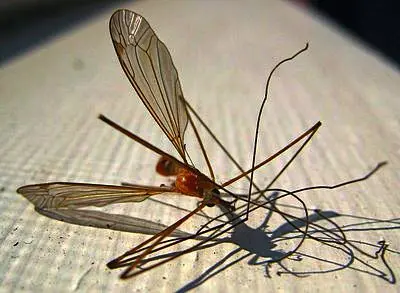Year 3 August - Malathioned 🖊️

-The only good bug is a dead bug. NOT!
Yeooow!
So, here’s the scoop: my beeyard got a dose of malathion!
The landowner, bless her heart, called me practically in tears. Turns out, a county spray plane decided to give their property a good dousing, and my beeyard took a direct hit. Yikes!
She didn’t even know they were planning to spray, and she was genuinely shocked. Sweet thing even offered to compensate me for the bees.
Now, that’s no small gesture. Money doesn’t exactly grow on trees in Wyoming, especially in a year infested with grasshoppers.
But get this—the landowners were more concerned about me and my bees than the financial hit. They were willing to make a personal sacrifice, even though they weren’t the ones at fault. Ever met anyone like that? If so, they’re as rare and special as a double rainbow.
The Poison
The grasshopper spraying is done, as the hoppers are apparently too large to bother with now.
But guess what? The Natrona County Health Department is on a mission to protect us from the West Nile Virus. In their noble pursuit, they decided to spray certain areas, and my bees happened to be in one of those spots. Go figure.
Now, I was flabbergasted! Spraying for mosquitoes in this scorching 100-degree weather, with wind gusts hitting 30 mph? It’s bone-dry out there!
It’s been so hot, dry, and windy that using a smoker in the beeyard is practically asking for a fire. Good thing there’s some running water near my hives, or my bees might have turned into little crispy critters by now.
Here’s the kicker: I haven’t seen a single mosquito this year, let alone been bitten by one. Thank goodness the health department is on the job, but I can’t help but scratch my head.
Now, before I unleash too much beekeeper fury on them, I chatted with the field manager. Seems like a genuinely conscientious guy. He’s been actively coordinating with the commercial beekeepers to minimize damage.
They schedule spraying times to avoid hitting the bees, and they steer clear of directly spraying known beeyard locations. Unfortunately, they weren’t aware of my new beeyard. And guess what? I, nor the landowners, knew about their mosquito-busting mission.
Sounds like I’m the first hobby beekeeper he’s crossed paths with. He figured he had all his bases covered by chatting with the big commercial guys.
Maybe Healthier Now Than Earlier
Let’s time travel for a moment. Picture this: forty years ago, I was in charge of a sprawling commercial beeyard. Think many white boxes, a massive bee truck, bee smokers galore, and yours truly decked out in a snazzy white bee suit.
One day, a spray plane decided to treat a nearby field, and on its first run, it banked directly over me, showering both me and the bees in spray. I stumbled back to the truck in a daze.
Second pass, he switched directions, but the overspray still reached the beeyard, and I got hit again. Now, I’m furious! If I had a gun, I might have tried some sky shooting.
Third pass, the beeyard caught some drift. I’m not only covered in malathion, but I’m fuming mad. No gun, but if I did, that plane would have been in trouble!
Turns out, I was lucky. Those were the feistiest bees I’ve ever handled, and under the right conditions, they were a match for a riled-up Africanized hive. We suited up like we were gearing up for a moonwalk—two layers of clothing and a bee suit with every seam and opening sealed. As a result, my exposure was minimal. The bees didn’t fare as well, but this beekeeper made it through.
Recourse for the loss back then? Zilch.
The Bees?
Are the bees still buzzing? Have the hive populations dipped below the winter survival threshold? Have the bees come out of this relatively unscathed? I don’t have the answers just yet. It’s that time of year in Wyoming—time to give the bees a gentle knockdown and set them up for winter. That was my weekend plan, but now the beeyard might look quite different than what I had in mind. Fingers crossed for some luck, and I’ll keep you posted.
-Cheers, D 🌸🐝
